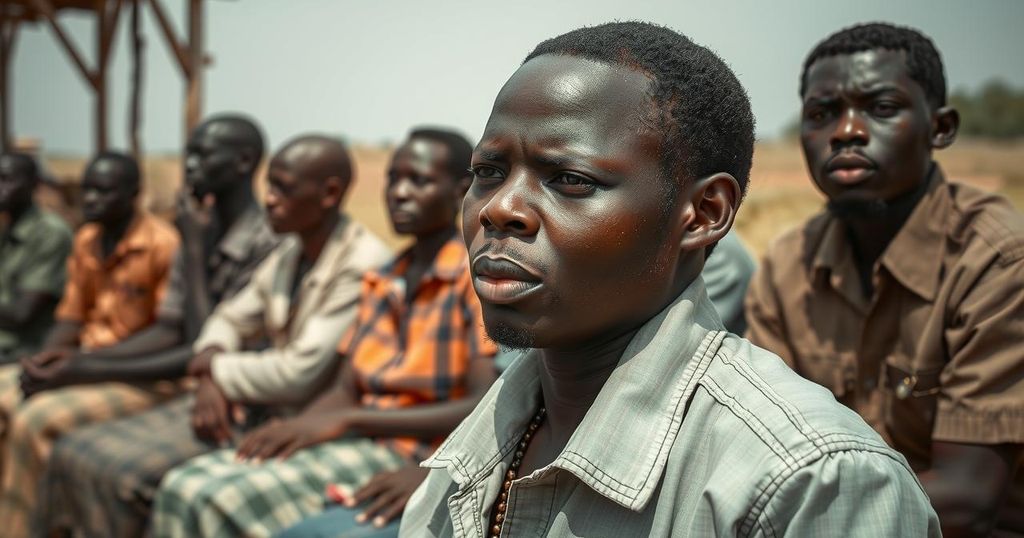The UN Commission on Human Rights in South Sudan released a video report highlighting rampant human rights violations and pervasive impunity in the country, as the 11th anniversary of the civil war approaches. The report emphasizes the urgent need for transitional justice and accountability mechanisms, stressing that without these measures, lasting peace remains unattainable.
The United Nations Commission on Human Rights in South Sudan has unveiled a poignant 19-minute video report titled “The Unrelenting Cycle of Violence in South Sudan,” highlighting the persistent violence and human rights violations in the nation. This report commemorates the 11th anniversary of the civil war that erupted in December 2013 and details the profound suffering experienced by the South Sudanese people. Victims’ testimonies serve as a powerful reminder of the trauma that has permeated the lives of countless individuals and communities, threatening the social fabric of South Sudan.
The Commission asserts that pervasive impunity for perpetrators of violence has failed to provide justice or accountability for civilians who have faced egregious acts, including extrajudicial killings, sexual violence, and abductions. The UN Commission emphasized the urgent need for comprehensive transitional justice mechanisms that include criminal accountability, truth-telling, reparations, and thorough institutional reforms. Yasmin Sooka, Chair of the Commission, noted that, “Pervasive impunity has emboldened individuals to commit horrific crimes as they have no fear of retribution.”
Despite previous peace agreements, including the 2015 Peace Agreement and the 2018 Revitalized Agreement, politically motivated violence continues to plague South Sudan. Commissioner Barney Afako highlighted that legislative measures establishing a Commission for Truth, Reconciliation, and Healing, alongside a Compensation and Reparation Authority, must be urgently implemented to alleviate the fear and suffering of the South Sudanese populace. He emphasized that without accountability, lasting peace remains unattainable.
The Commission’s video report poignantly illustrates the dire consequences of the South Sudanese conflict, which has resulted in significant loss of life, displacement of millions, and the breakdown of social order. Commissioner Carlos Castresana Fernandez underscored the immeasurable human cost of the ongoing conflict, asserting that “for the victims and survivors, the lack of accountability remains one of the most significant barriers to peace.” To forge a path forward, the report calls for genuine commitment from national leaders to address the root causes of conflict and establish lasting structures of justice.
The UN Commission on Human Rights in South Sudan has been tasked with addressing and highlighting human rights violations amid ongoing conflict in the country. Since the outbreak of civil war in 2013, South Sudan has witnessed cycles of violence characterized by atrocities committed against civilians. This context has fostered a climate of impunity, undermining efforts for peace and reconciliation. The recent report comes as part of the Commission’s efforts to advocate for transitional justice that can address the grievances and needs of affected populations, emphasizing the importance of accountability mechanisms to restore trust in governance and promote societal healing.
In summary, the UN Commission on Human Rights has articulated the urgent need for accountability and transitional justice in South Sudan through its recent video report. The pervasive impunity for human rights violations continues to perpetuate a cycle of violence that harms civilians and undermines efforts towards peace. Acknowledging the deep-rooted issues of governance and conflict, it is crucial for South Sudanese leaders to embody a genuine commitment to human rights, seeking to establish mechanisms that promote healing and uphold the dignity of their citizens.
Original Source: www.radiotamazuj.org







